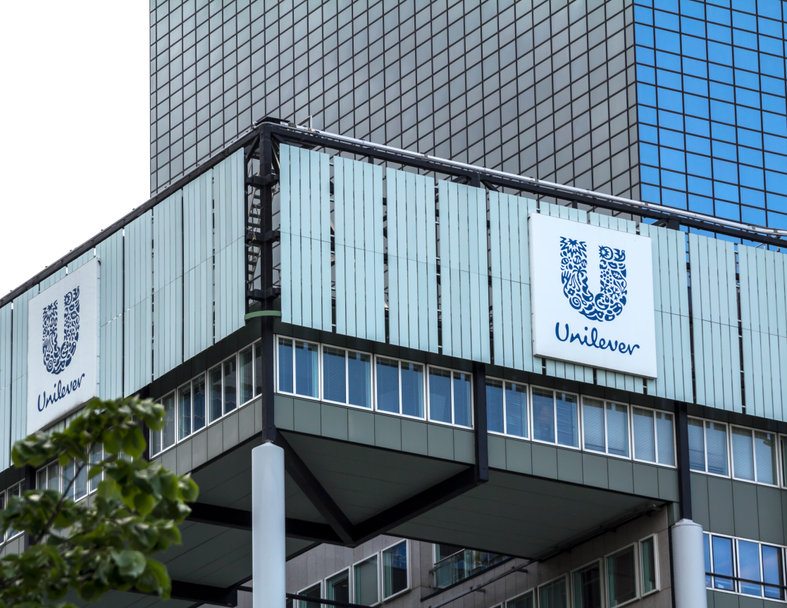Unilever has disclosed that up to 3,200 office roles across Europe will be eliminated by the end of 2025. This decision is part of a broader cost-saving initiative that began in March, which includes a total of 7,500 layoffs globally.
The company aims to reduce operational costs and enhance efficiency to boost its financial performance.
During a company-wide video call, Chief Human Resources Officer Constantina Tribou highlighted the expected impact of these changes, stating, “The expected net impact in roles in Europe between now and the end of 2025 is in the range of 3,000 to 3,200 roles.”
Unilever new CEO Hein Schumacher’s restructuring plan
Hein Schumacher, who took over as CEO last year, has been leading these restructuring efforts.
In October, Schumacher presented a comprehensive plan to simplify Unilever’s business operations.
Acknowledging the company’s recent underperformance, he stressed the need for a more focused and agile organization to regain investor confidence.
Schumacher’s strategy includes streamlining the organizational structure, reducing bureaucracy, and enhancing decision-making processes.
By cutting office roles, Unilever aims to create a leaner and more efficient workforce capable of responding quickly to market changes and consumer demands.
Impact on employees and future outlook
The planned job cuts are part of Unilever’s broader effort to reduce costs and allocate resources more effectively.
While this move may lead to short-term disruptions for employees, the company believes it is essential for long-term growth and sustainability.
Unilever has committed to providing support and assistance to affected employees during the transition period.
This includes offering severance packages, career counseling, and job placement services to help them find new opportunities within or outside the company.
Financial performance and market response
Unilever’s decision to cut office roles comes in response to mounting pressure from investors and market analysts.
The company has faced criticism for its recent financial performance, with some stakeholders expressing concerns about its ability to compete in an increasingly dynamic and competitive market.
In recent years, Unilever has struggled to maintain its market position amid changing consumer preferences and increasing competition from both established and emerging brands.
The restructuring plan is seen as a crucial step towards addressing these challenges and positioning the company for future growth.
Market analysts have responded cautiously to the announcement, noting that while the job cuts are a necessary measure, the success of Unilever’s broader strategy will depend on its ability to execute the planned changes effectively.
The company’s performance in the coming quarters will be closely monitored to assess the impact of the restructuring efforts on its overall financial health.
Unilever’s strategic priorities and future initiatives
As part of its restructuring plan, Unilever has identified several strategic priorities aimed at driving growth and innovation.
These include investing in key product categories, expanding its presence in emerging markets, and leveraging digital technologies to enhance consumer engagement.
The company is also focusing on sustainability initiatives, recognizing the growing importance of environmental and social responsibility in the eyes of consumers and investors.
Unilever aims to strengthen its position as a leader in sustainable business practices, which it believes will provide a competitive advantage in the long term.
The post Unilever to cut 3,200 jobs in Europe by 2025 under new CEO’s growth plan appeared first on Invezz
